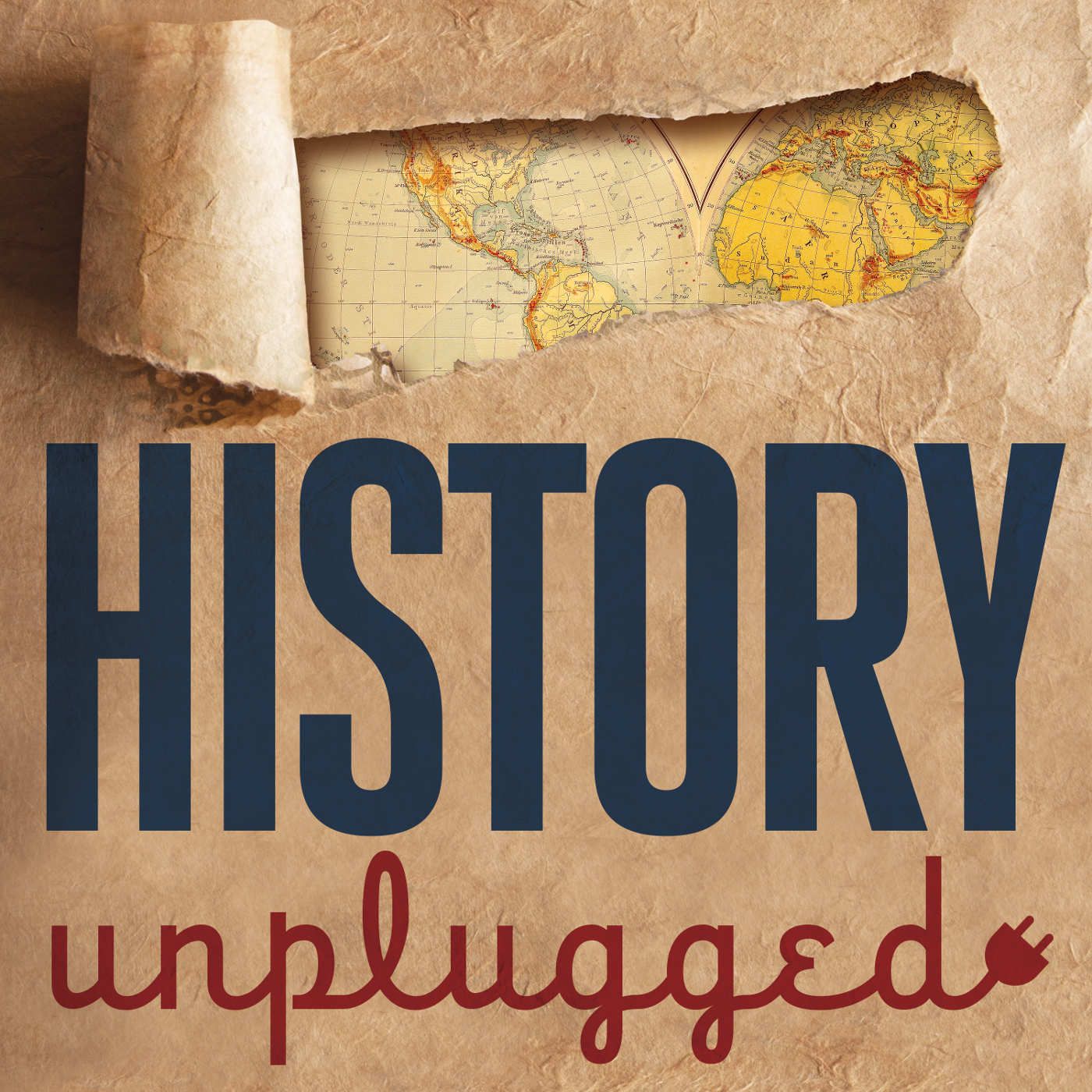- History
- SEE MORE
- classical
- general
- talk
- News
- Family
- Bürgerfunk
- pop
- Islam
- soul
- jazz
- Comedy
- humor
- wissenschaft
- opera
- baroque
- gesellschaft
- theater
- Local
- alternative
- electro
- rock
- rap
- lifestyle
- Music
- como
- RNE
- ballads
- greek
- Buddhism
- deportes
- christian
- Technology
- piano
- djs
- Dance
- dutch
- flamenco
- social
- hope
- christian rock
- academia
- afrique
- Business
- musique
- ελληνική-μουσική
- religion
- World radio
- Zarzuela
- travel
- World
- NFL
- media
- Art
- public
- Sports
- Gospel
- st.
- baptist
- Leisure
- Kids & Family
- musical
- club
- Culture
- Health & Fitness
- True Crime
- Fiction
- children
- Society & Culture
- TV & Film
- gold
- kunst
- música
- gay
- Natural
- a
- francais
- bach
- economics
- kultur
- evangelical
- tech
- Opinion
- Government
- gaming
- College
- technik
- Jesus
- Health
- movies
- radio
- services
- Church
- podcast
- Education
- international
- Transportation
- Other
- kids
- podcasts
- philadelphia
- Noticias
- love
- sport
- Salud
- film
- and
- 4chan
- Disco
- Stories
- fashion
- Arts
- interviews
- hardstyle
- entertainment
- humour
- medieval
- literature
- alma
- Cultura
- video
- TV
- Science
- en
The Double Victory Campaign: Over 1 Million Black Americans Enlisted in WW2 To Fight Fascism Abroad and Win Equality at Home

b'In the wake of Imperial Japan\\u2019s attack on Pearl Harbor, American men famously flooded recruiting offices across the nation to join the war effort. These stories are well documented and attested by eye witnesses, but a part of this story left out or overlooked is that black Americans joined with an equal level of fervor. Over one million black men and women served in the war, playing crucial roles in every theatre of World War 2. They worked in segregated units and performed vital support jobs.
This mobilization did take time. This was during the Jim Crow era, and some black Americans asked if they should risk their lives to live as what one called \\u201cHalf-American.\\u201d But as the war effort grew, black Americans increasingly enlisted as part of what newspapers called the Double V Campaign, a slogan to promote the fight for democracy abroad but also in the home front in the United States and the idea that black Americans wholeheartedly contributing to the war effort would lead to legal and social equality.
Today\\u2019s guest is Matthew Delmont, author of \\u201cHalf American: The Epic Story of African Americans Fighting World War II at Home and Abroad \\u2013 the first-ever comprehensive history of World War II to focus on black Americans.
We look at stories figures such as Thurgood Marshall, the chief lawyer for the NAACP, who investigated violence against black troops and veterans; Benjamin O. Davis, Jr., leader of the Tuskegee Airmen, who was at the forefront of the years-long fight to open the Air Force to black pilots; Ella Baker, the civil rights leader who advocated on the home front for black soldiers, veterans, and their families; James Thompson, the 26-year-old whose letter to a newspaper set in motion the Double Victory campaign; and poet Langston Hughes, who worked as a war correspondent for the black press. Their bravery and patriotism in the face of unfathomable racism is both inspiring and galvanizing.
Some of their greatest struggles came when they returned home. They were denied housing and education. On the streets of Southern cities, black soldiers were attacked just for wearing their uniforms in public, beaten for drinking from \\u201cWhites Only\\u201d water fountains, or chased away from the voting booth by mobs. Yet without black Americans\\u2019 crucial contributions to the war effort, the United States could not have been victorious.'